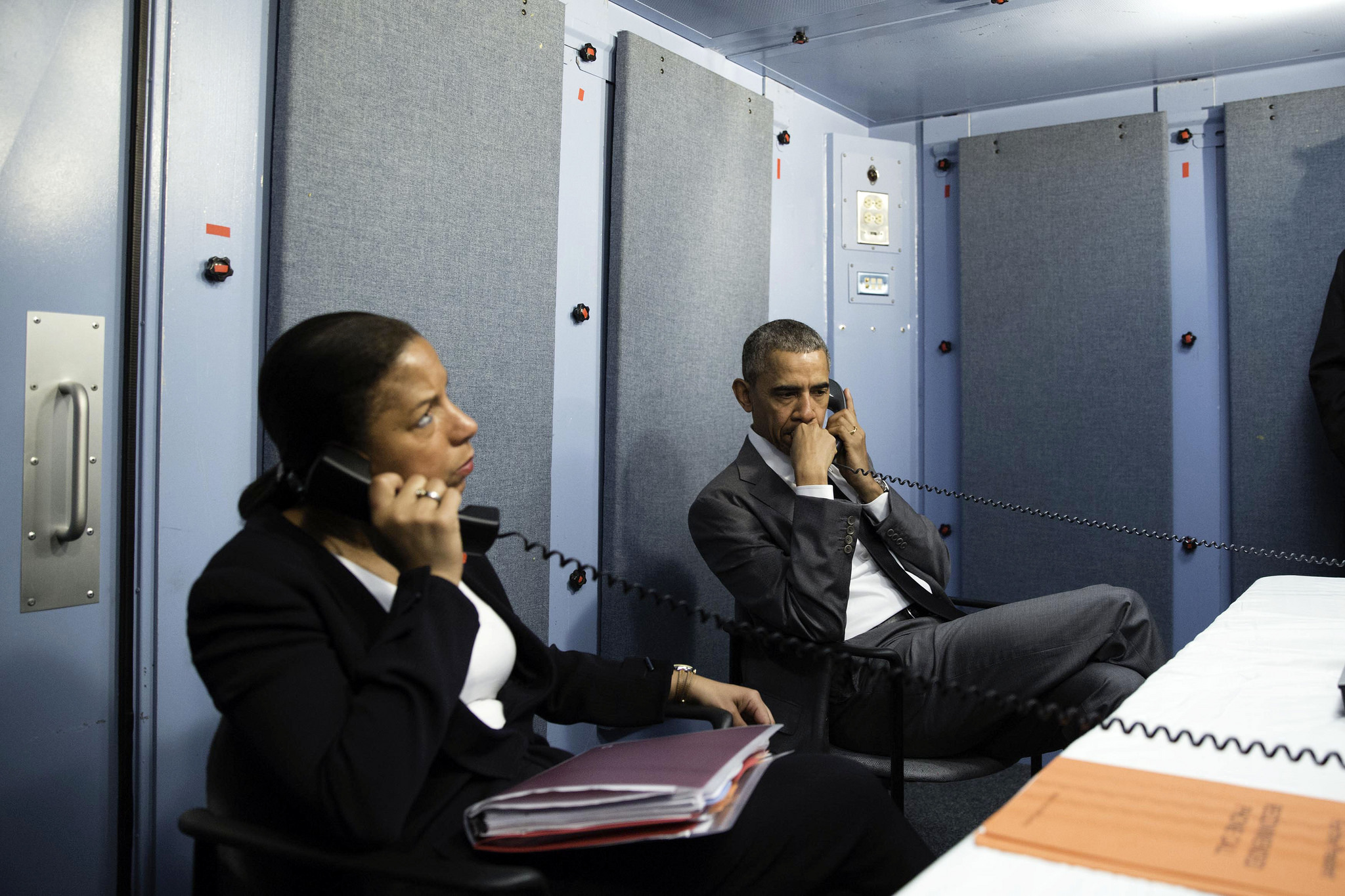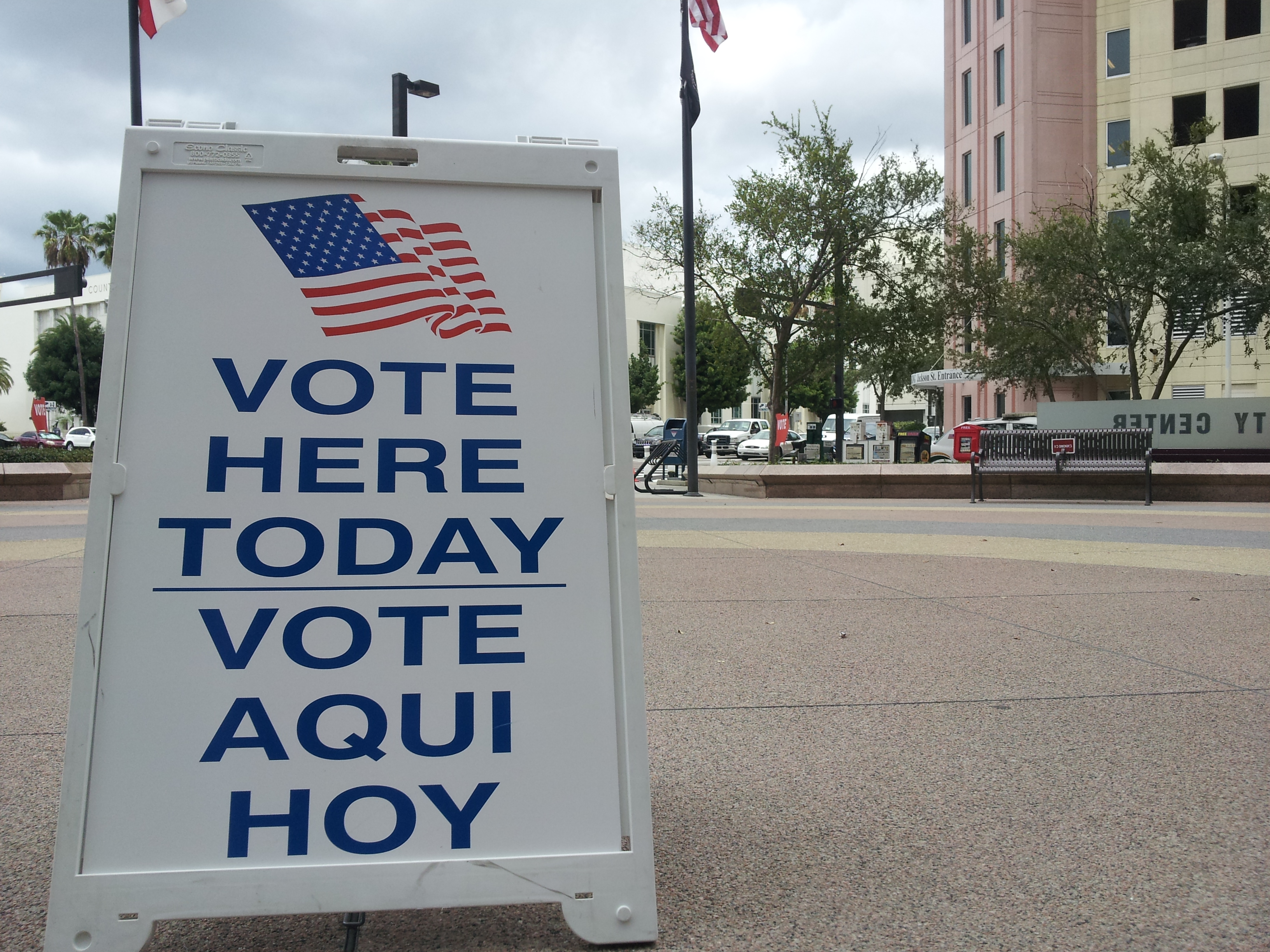By Joe Young.
Is terrorism on the rise? This seems like an easy question to answer. It is not.
I (along with other experts in the area) was recently asked by Politifact.com to assess the truthfulness of a related claim by President Obama. He stated, “If you look worldwide, the number of terrorist incidents have not substantially increased.” Let’s examine the problems with attempting an answer to this question.
Problem 1 – Vagueness
President Obama’s statement is true if:
- The number of terrorist attacks has increased but not substantially (depending on what this means)
- The number of terrorist attacks has stayed the same.
- The number of terrorist attacks has declined.
In academia, we call this a non-falsifiable proposition. In short, it is really difficult (maybe impossible) to show how the statement can be wrong.
We would need to be clear about what is and is not “substantial increases” and whether we can agree on the basic way to measure terrorism.
Problem 2 – How to measure terrorism?
In his statement, Obama is clear that he thinks about incidents as the way to measure terrorism. But what about impact? Fatalities? There were ten Earth Liberation Front (a now defunct radical environmentalist group) attacks in 2001 in the US. Those attacks caused property damage but little else. Would we consider these to be as substantial as the four on September 11th? To be silly and mathy, 10 is greater than 4, no? Which had a more substantial impact on our society?
Does it matter that ELF attacked domestically whereas the 9/11 attackers came from abroad? ELF primarily used bombings and arson while the 9/11 attacks were suicidal in nature. Do these distinctions make a difference?
Hopefully this makes clear that counting incidents shouldn’t be the only way we evaluate the impact of terrorism. In a recent publication in Terrorism and Political Violence, I make related claims and suggest multiple ways to think about and measure terrorism. I replicate some well-known studies that examine terrorism and show the various ways we might measure terrorism including number of attacks, fatalities, number of groups, number of fatalities, number of suicide attacks, whether the attack is domestic or transnational, and whether we know the perpetrator of the attack or not. What this analysis suggests is that there is no right way to measure terrorism, but there are better or worse ways depending on our goals. Additionally, there are lots of ways to do it, but we often default to counting incidents.
Problem 3 – Making claims about trends over time
While the Global Terrorism Database is the most valid and reliable source for cross-national data on terrorism, like all data, it has limits. To be fair to START, the producer of the GTD, measuring terrorism is a tremendous task that inevitably will be critiqued to fit one’s preconceived beliefs. The GTD has compiled over 150,000 events and has some useful features like allowing you to filter events based on how you would like to define terrorism.
START is also quite clear about the limits. One of the important limitations is making claims about trends over time. Because this massive data collection effort has evolved over time, they have collected it in different ways, used different sources, etc. While a user can be confident that events in a given year are collected in roughly the same way, this is variable over time. Some of this is due to the expansion of available sources, moving data collection to Maryland, and the movement of terrorism to different regions of the world. There are ways to model these changes over time, but examining attacks in 2007 and comparing to 2013 without taking these issues into account can lead to mistaken claims.
Politifact.com scored Obama’s statement about terrorism as Mostly False. I would concur with this assessment. In a year where truth has been a brutal casualty of the political process, we should be wary of vague claims about how the US and its allies will defeat terrorism (which is a tactic as adeptly stated by Allie Funk, a person I follow on Twitter). How we think about and measure terrorism matters for how we pursue policies to mitigate or reduce its impact.








